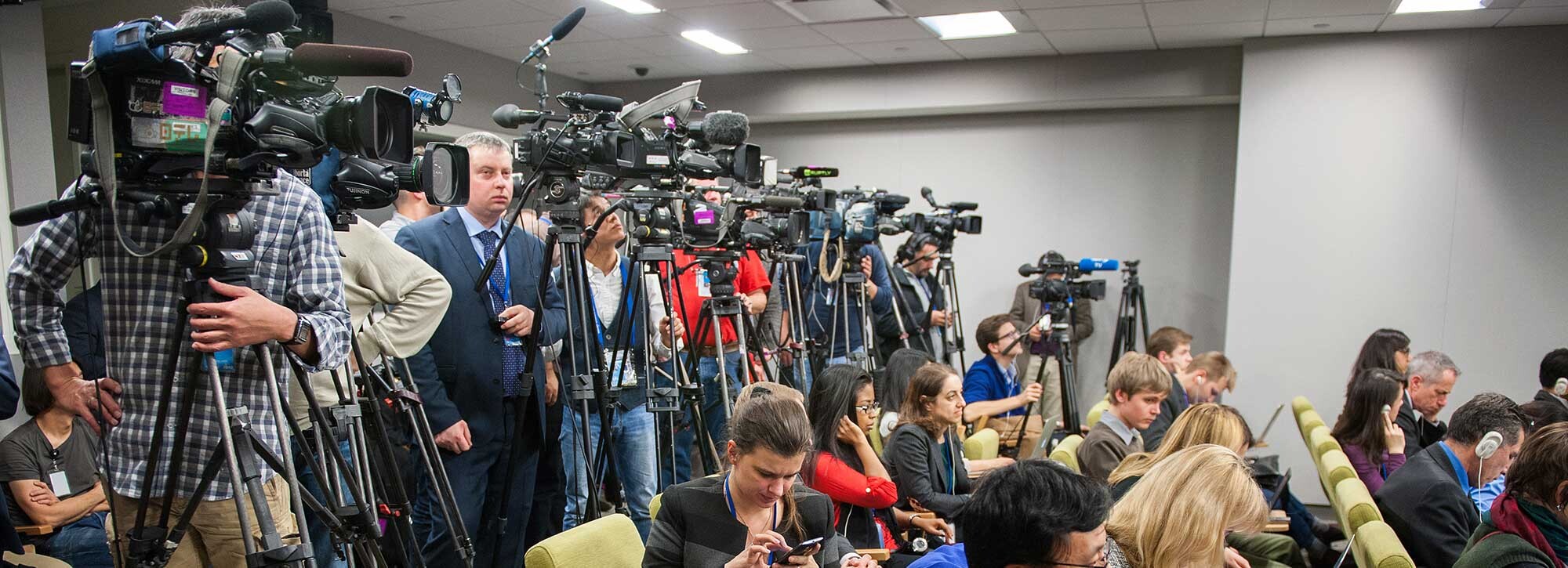About the Case
High-quality medical care requires high-quality evidence. To generate evidence that establishes that prescription drugs, medical devices, and other medical products are actually safe and effective, the makers of these products run or “sponsor” controlled clinical trials. Other entities, such as universities and government-run biomedical research labs, also sponsor clinical trials. Some trials show that the product is safe and effective; others show that the product is unsafe or ineffective.
Drug and devices companies don’t always publish their results in the medical literature, where doctors and patients can find them. Instead, these companies may “cherry pick” clinical trials and choose to publish favorable clinical trial results while keeping unfavorable results secret. When published clinical results are incomplete, researchers waste time piecing together fragmentary information and repeating past work. More critically, doctors may prescribe drugs and devices that are ineffective or unsafe because the makers of those products have hid evidence from the public. For example, the pharmaceutical giant Merck attempted to withhold and ultimately delayed disclosure of clinical trial results that established that Vioxx (rofecoxib), a best-selling painkiller, significantly increased patients’ risk of cardiovascular disease. By the time Vioxx was withdrawn from the global market, thousands of patients had already been exposed to unnecessary risk of heart attack and other serious side effects.
Incomplete reporting of clinical trial information therefore has sweeping negative consequences for medical research and for health care. (In November 2017, the Yale Collaboration for Research Integrity and Transparency (CRIT), affiliated with MFIA, published a white paper entitled “Promoting Transparency in Clinical Research: Why and How” that explains the problem in greater depth and outlines some potential solutions.)
Congress has recognized that drug and device companies should not be allowed to hide information about the true risks and benefits of prescription drugs and medical devices from the public. A federal statute, the Food and Drug Administration Amendments Act (FDAAA), was enacted in 2007 to ensure a flow of high-quality clinical trial evidence to patients, clinicians, and researchers through the public ClinicalTrials.gov website. FDAAA requires the sponsors of many different clinical trials of drug products and medical devices to register their trials and report trial results after completion, which NIH then posts on ClinicalTrials.gov. The law mandates that the National Institutes of Health (NIH) monitor sponsors’ compliance with these registration and reporting requirements, and it further mandates that whenever a trial sponsor does not comply, the NIH must inform the public through public notices of noncompliance posted on ClinicalTrials.gov. Yet after more than a decade, NIH has failed to post even a single notice of noncompliance.
In addition, NIH and the Department of Health and Human Services (HHS) promulgated a rule (the “FDAAA Final Rule”) that went into effect in 2017. The FDAAA Final Rule improperly purports to exempt many clinical trials of certain FDA-approved products from any obligation to report trial results to ClinicalTrials.gov, even though FDAAA explicitly requires sponsors to report the results of all applicable clinical trials of all FDA-approved drugs and medical devices. These actions have deprived the public of crucial information which it is entitled to receive via ClinicalTrials.gov under FDAAA.
On December 7, 2018, MFIA students Simon Brewer and Adam Pan and supervising attorneys Christopher Morten and John Langford filed an Administrative Procedure Act lawsuit against NIH, FDA, and HHS on behalf of investigative journalist Charles Seife and physician and transparency advocate Peter Lurie. Seife and Lurie are two leading researchers on clinical trials whose research has been hindered by the absence of clinical trial information on ClinicalTrials.gov. Their suit seeks to compel the defendants to meet their statutory obligations under FDAAA. The suit challenges the improper Final Rule and asks the court to set aside the portions of the Final Rule that purport to exempt clinical trials of FDA-approved products from their obligation to report results to ClinicalTrials.gov. The suit also seeks an order compelling NIH to post public notices of noncompliance on ClinicalTrials.gov when trial sponsors fail to meet their reporting requirements, as FDAAA requires.
On February 11, 2020, Brewer argued the case in front of the Hon. Naomi Reice Buchwald in the Southern District of New York.
The court granted MFIA’s motion for summary judgment in part on February 24, 2020. The Court held that FDAAA unambiguously requires responsible parties [i.e., trial sponsors] to submit, and defendants to include on ClinicalTrials.gov,” results for trials of all approved products and therefore that “HHS’s contrary interpretation . . . is unlawful and must be set aside.” The Court also held that it lacked the power to review claims about NIH’s failure to post notices of noncompliance.
The case is Seife & Lurie v. U.S. Department of Health and Human Services et al., No. 1:18-cv-11462, 2020 WL 883478 (S.D.N.Y. Feb. 24, 2020).
